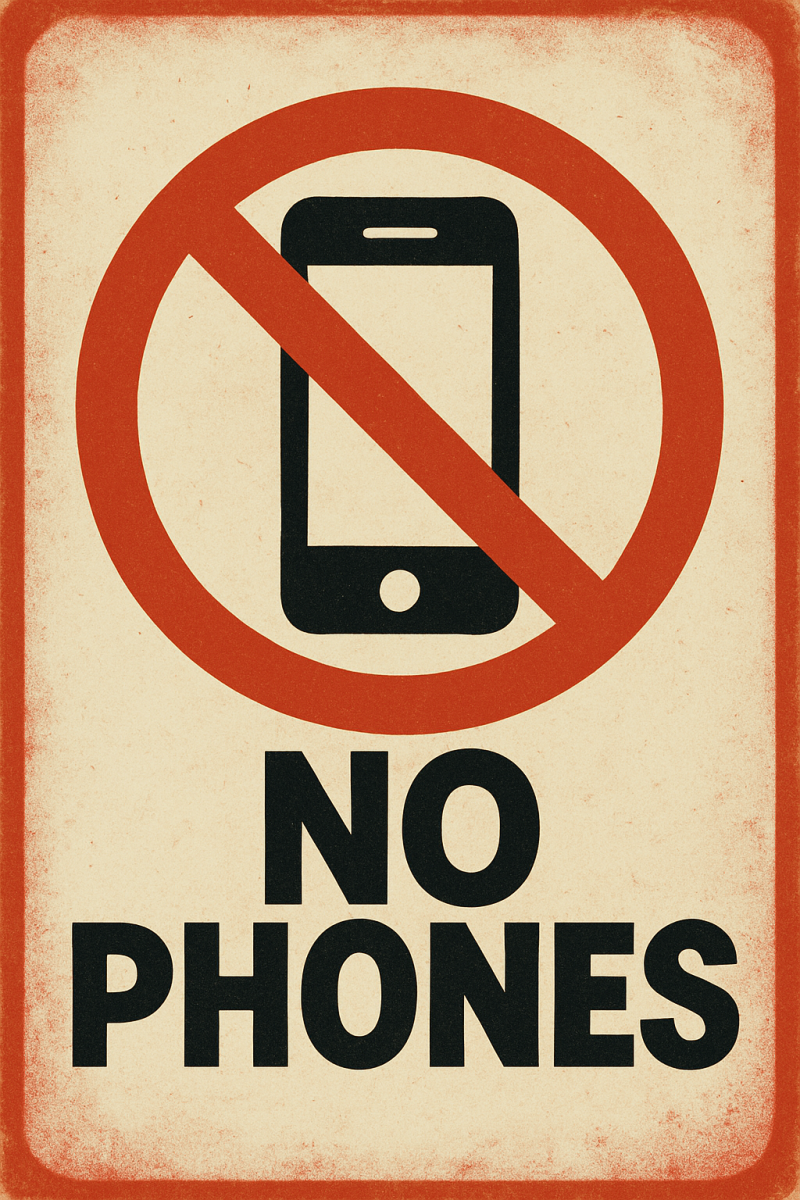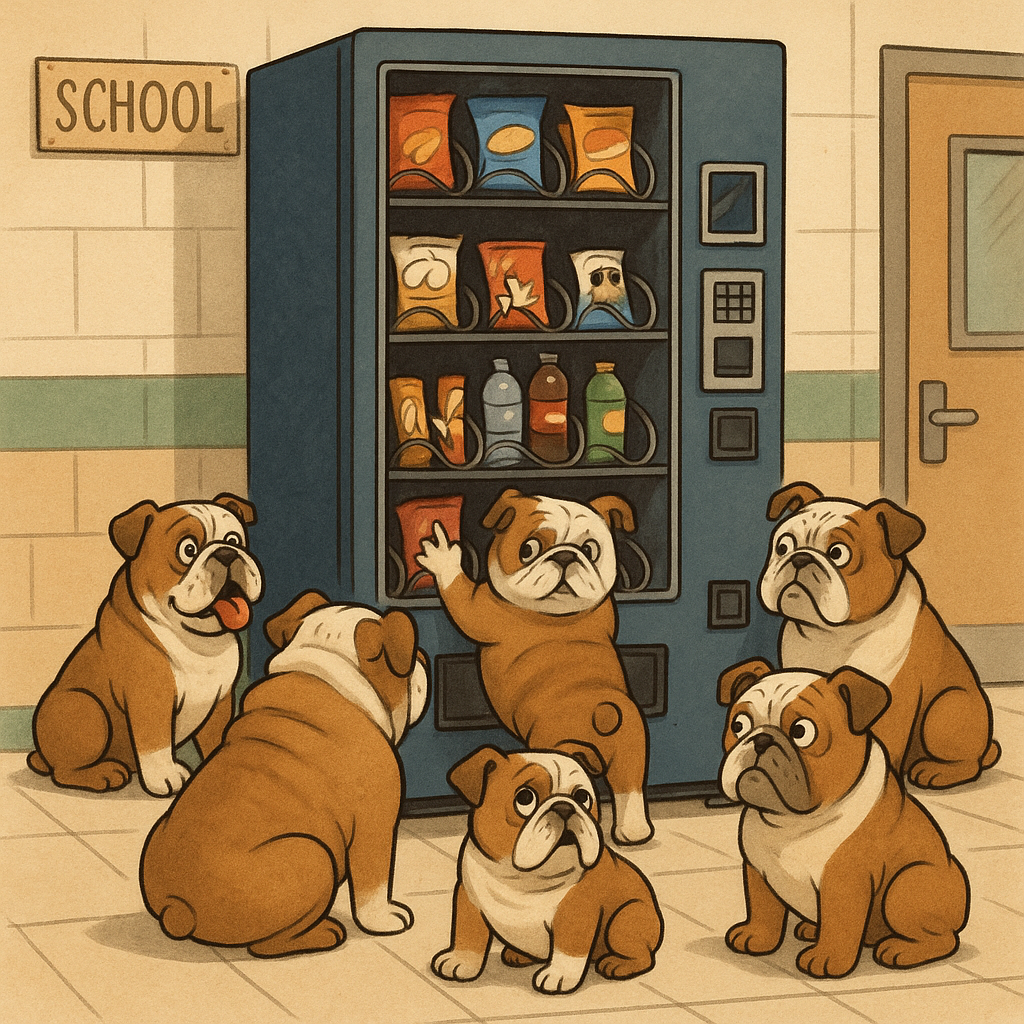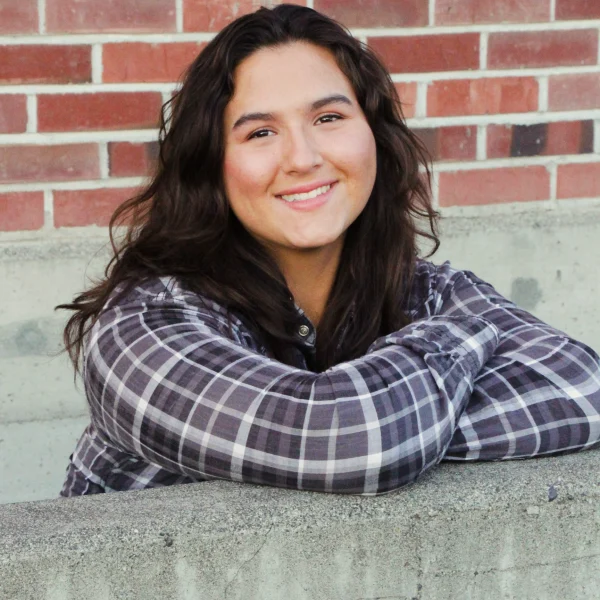These days, pretty much everyone has a smartphone, and it’s always nearby. Phones are super useful and make it easy to get information fast, but they can also be distracting, especially in places like classrooms, meetings, or events. That’s why a lot of schools and other places are starting to use a “No Phone Policy” to help people stay focused, be respectful, and keep things running smoothly.
A new phone policy at Pasco High School has been both praised and questioned by students and staff, but according to teacher Justin Brault, who helped shape the policy, it’s working.
The policy was originally inspired by the middle school’s success in limiting phone use. “The middle school started the policy, and it was working really good,” said Mr. Brault. “Teachers were concerned about the use of phones in class, so the district, admin, and teachers all agreed to apply it to the high school.”
Mr. Brault described the policy as a “good idea” that’s “worked and is working,” though he acknowledged some gray areas. He mentioned that while phones should be limited, there may be times when teachers could allow them for class-related use.
Still, enforcement hasn’t been perfect. “Over the school year, I’ve seen more and more phone use in classrooms,” he said. “It’s common to see students quickly pull them out and try to hide them.” He also noted that some staff members use their phones too, even though he tries to set an example by following the rules.
Data shared by Mr. Brault shows that the policy has had an impact. There were 1,372 confiscations in the first trimester and 629 in the second, for a total of 2,229, an average of 15 per day. Despite the numbers, Mr. Brault said students have been doing better overall this year and that the fear of losing their phones has motivated compliance.
However, some key information about the policy hasn’t been shared with students. According to Mr. Brault, students are given three chances before a parent has to come pick up the phone, and after the third offense, students can no longer retrieve it themselves. Many students believed that those three chances were for the entire school year, but Mr. Brault confirmed that the count resets each trimester. “They didn’t announce that part because they didn’t want high schoolers to take advantage of it,” he explained.
When asked whether it’s fair for staff to use their phones while students cannot, Mr. Brault emphasized the importance of modeling behavior. “Teachers and staff need to be modeling what they expect students to do,” he said.
Although he agrees with the general structure of the policy, Mr. Brault is against making it more strict. Some in the district want it to mirror the middle school’s version, where phones must be away from the first bell to the last. However, Mr. Brault believes high schoolers should be given some trust and responsibility.
He admitted that enforcing the policy can sometimes feel unfair. “There’ve been many times when students were using their phones responsibly, but because of the policy, I had to take them.”
In the end, though, he firmly believes in the policy’s effect. “I’m 100% sure the policy helped with distractions and productivity. Students are getting their work done and paying more attention in class.”








